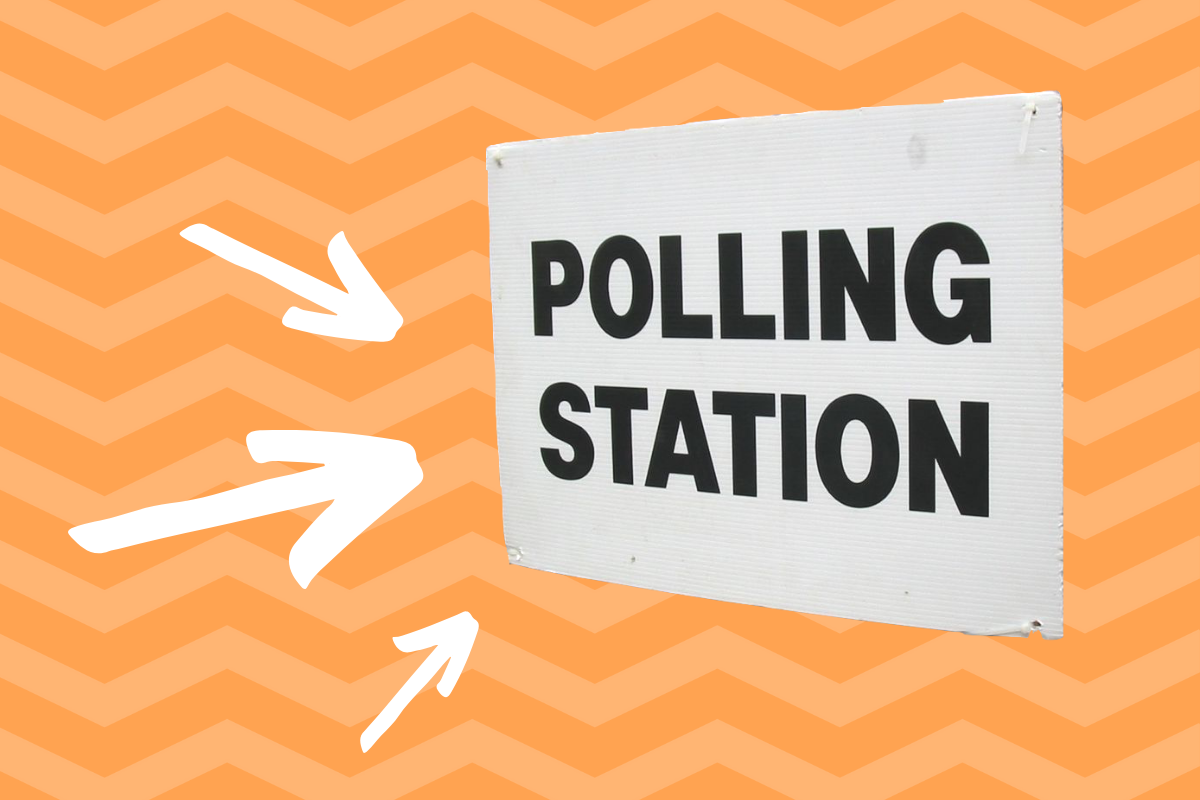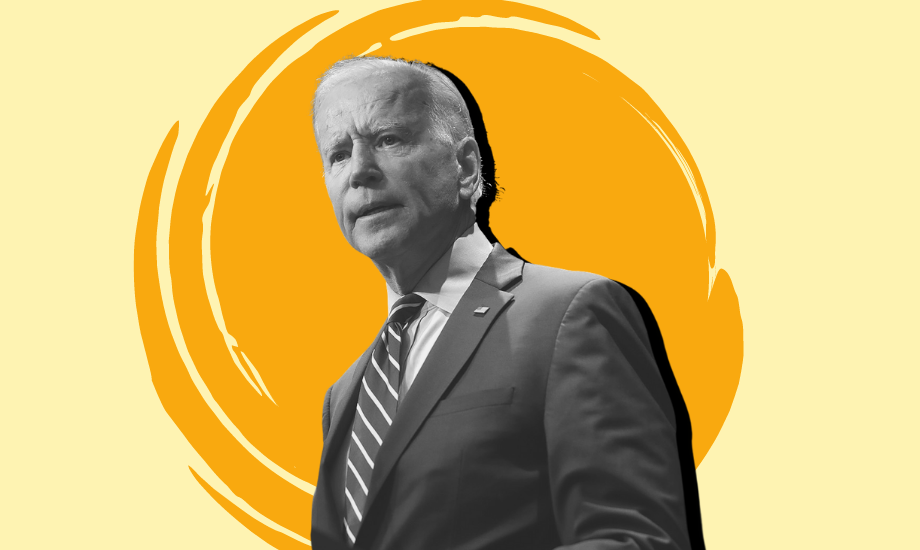
Composite image via Wikimedia Commons/Man vyi
“You need to vote.”
We hear it on the news, from our politicians and local MPs. We hear it on social media, as we scroll through Twitter. We hear it from our colleagues, our lecturers and our parents. We hear it from our well-informed friends, frustrated with a static – yet somehow simultaneously chaotic – government, desperate for a change. With the livelihoods of millions across the UK and Europe at stake at the upcoming December general election, our futures hanging in the fragile balance of Brexit, we are hearing it more loudly than ever before. Some of the rhetoric regards how lucky we are to be in an alleged representative democracy, where our opinion is valid, and our solitary voice is heard and appreciated, respected and genuinely counted towards something. From every direction materialises the same message: that we matter, our opinion matters – that our choice matters. But does it truly?
Let’s look at this objectively. The UK utilises the First-Past-the-Post (FPTP) electoral system for its elections, whereby citizens in a constituency vote to elect a Member of Parliament (MP) who represents a political party. In order to win one of the 650 seats in the House of Commons, an MP needs the greatest number of votes in their constituency. If elected, an MP will go on to sit in the Commons.
So far so good, but this is where it gets a little trickier. While upon first glance, the FPTP system may appear to be representative of the interests of people, in reality, there are deep flaws in the UK’s electoral system. These flaws are becoming increasingly difficult to ignore in a political climate where a chaotic parliament appears to be mired in factional strife. All parties appear to have reached a political impasse, with nobody appearing willing to compromise or attempt something new at a critical time where the country cannot afford such a luxury. Essentially, what this means is the lines surrounding the legitimacy of a party mandate (for example, whether the governing party actually has a majority in the House of Commons, and therefore even has the right to make decisions) are becoming progressively obscured. There is no denying that in today’s current landscape, the very nature of democracy in the UK is necessarily interrogated and criticised on a daily basis.
“In the 2015 general election David Cameron was able to secure a Conservative government with only a meagre 36.9% of the vote”
The primary issue with FPTP is that it produces a disproportionate result, meaning that the literal amount of votes cast does not necessarily match up with the party that will form the new government. An MP requires the most votes in their constituency to gain a seat in the Commons (with constituencies varying in shape and size), while a party requires the majority of the 650 seats in order to form a government. Under FPTP, a political party is able to rise to power without the majority of voters having voted for them, as happened in the 2015 general election, where David Cameron was able to secure a Conservative government with only a meagre 36.9% of the vote. The nature of the FPTP electoral system has led to the UK’s gradual descent into a two-party system, as voters feel inclined to tactically vote in a desperate attempt to ensure their vote is not wasted, where the two traditional parties – Labour and Conservative – thrive and benefit from this development.
Subsequently, it is clear how electoral reform has never truly been a priority for any of the primary political parties. While it could be argued that the Alternative Vote (AV) referendum in 2011 provided a channel for activists advocating for a change of this nature, upon closer observation, it is clear how the referendum was destined to fail from the start. Not only were the campaigns on both sides of the debate alarmingly insufficient and fed by a confusing portrayal of AV, but a poor referendum format, lack of widespread media coverage and a contextual concern surrounding the new coalition government also contributed to the short-lived nature of AV’s debate in Parliament.
However, in light of these defects, it is crucial to bear in mind that hope is, by no means, lost. In a time where international movements against climate change are pioneered by 16-year olds; people living in nations raging with war are still emerging and protesting against defective governments, and people in Syria, faced with tackling both ISIS and the Turkish military, are resisting the status quo on all fronts – advocating for electoral reform of this scale has never been a more viable option. Change does not manifest itself – and ultimately, right now, as the facade of democracy crumbles around the UK, we need this change more than ever before.
“We can push larger parties to adopt policies tailored to the “single issues” which smaller parties are often better at championing”
Recognising that electoral reform of this magnitude is a process that is unlikely to occur overnight, it is all the more important to engage with the winter election and actually vote (for those who can). It is crucial to remain informed on the key voter issues that will emerge in December, ensuring the MPs that are voted in truly align with voter’s interests. Under FPTP, it is unlikely that smaller parties will rise to power and form a government, but we can push larger parties to adopt more policies tailored to the “single issues” which smaller parties are often better at championing, in their manifestos.
While it has already been established that the election is inherently Brexit-oriented, with Labour campaigning for an option to hold a second EU referendum, and the Conservatives advocating a secure ‘Leave’ option, it is key that voters do not ignore other issues that are central to the election. Areas including environmental policies, immigration and healthcare are issues that emerged only recently as pivotal, especially when paralleled with key concerns of the 2017 general election. Labour have already outlined their priorities for their time in office, emphasising funding for schools and hospitals, as well as instigating a “green industrial revolution” in an effort to combat the global climate crisis. Meanwhile, the Conservative Party has been less vocal on the issues of healthcare and the environment, instead primarily campaigning on the notion of a definite exit from the EU.
Many argue that as this fundamental right of suffrage – one that the UK prides itself on – faces challenges to its very actuality and magnitude, we will soon see other fundamental human rights fall to the same fate in a tragic sequence of the domino effect. With the deadline to register to vote rapidly approaching (26 November) it is key, then, that voters maximise on their right to political participation, and advocate against this inherent fault in the system, prioritising MPs who will hear their concerns and rightly act upon them.









